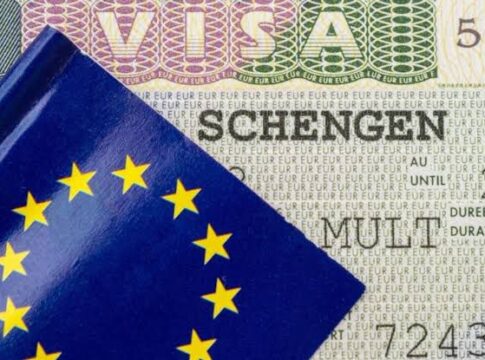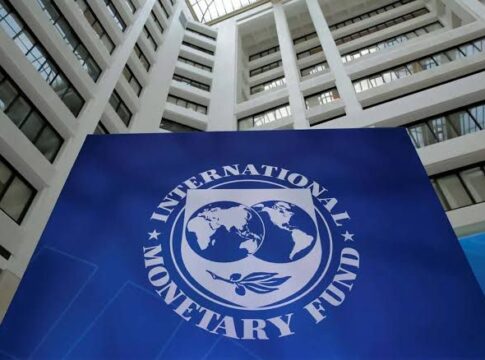Nearly 90,000 Nigerians were denied Schengen visas in 2022 and 2023, highlighting mounting challenges for African travelers seeking access to Europe. Official data from the European Commission and Henley Global Mobility Report reveal a 46.35% rejection rate for Nigerian applicants, ranking the country 11th globally for visa denials.
Of the 192,741 applications submitted during the two-year period, 89,344 were rejected. In 2022, 46,404 applications were denied out of 86,815 submissions. The following year, 42,940 of 105,926 applications faced rejection. Despite a slight increase in the issuance of visas, rejection rates have continued to rise, underscoring economic and geopolitical hurdles.
“The economic doldrums have pushed compatriots to get into the Japa mode,” said former Nigerian Ambassador to Singapore, Ogbole Amedu-Ode in an interview with Punch. “Until the economy improves significantly, this trend will persist.”
The Schengen Visa Challenge
The Schengen visa allows short-term travel across 27 European countries without internal border checks. Applicants must prove financial stability, secure travel insurance, and provide evidence of intent to return. However, rigorous documentation requirements and fears of overstays lead to higher scrutiny for applicants from regions like Africa.
Henley’s report highlights disparities in global travel freedoms. While travel accessibility has nearly doubled globally since 2006, African nations face disproportionately higher rejection rates. Nigerians, for instance, are twice as likely to face rejection compared to Asian applicants, with a rejection rate 14 percentage points higher.
Economic Struggles Fuel Migration
The surge in visa applications mirrors Nigeria’s economic struggles. Inflation reached 34.8% in December 2024, with projections of 32% by Q1 2025, according to Trading Economics. The Nigerian passport has also fallen in global rankings, dropping 32 places over two decades to 94th in 2025.
READ MORE: Nigeria’s Revenue Distribution Drops by 17.54% in December, Hits ₦1.424 Trillion
Push factors like unemployment and dwindling opportunities have driven thousands of Nigerians to seek better prospects abroad, often referred to as the “Japa route.” Vice President Kashim Shettima recently disclosed that 10,000 Nigerians were repatriated in 2024 for migration violations in Europe and America.
Africa’s High Rejection Rates
Six of the top 10 countries with the highest Schengen visa rejection rates are in Africa, led by Comoros (61.3%) and Guinea-Bissau (51%). Nigeria’s 46% rate places it alongside Mali (46.1%) and Ghana (47.5%), reflecting a broader regional challenge.
Despite rejection rates, Amedu-Ode noted an increase in successful applications. “While the statistics on visa denials are worrisome, more Nigerians are also securing approvals,” he said.
Outlook
Experts argue that until Nigeria’s economy improves, the migration trend and associated visa rejections are likely to persist. Structural changes in Europe’s visa policies and reduced economic pressures at home could help reverse this tide.
“The urge to leave is largely a function of economic performance,” Amedu-Ode emphasized. “Fix the economy, and you reduce the need to migrate.”




